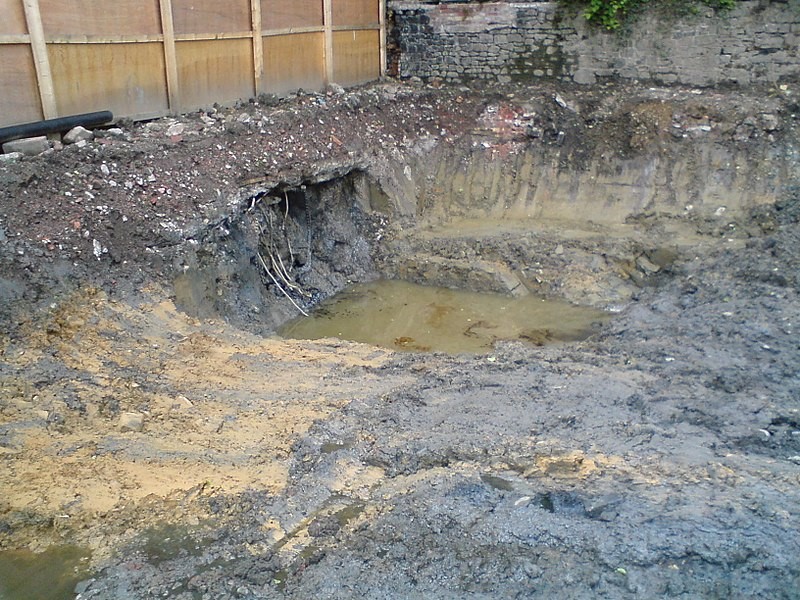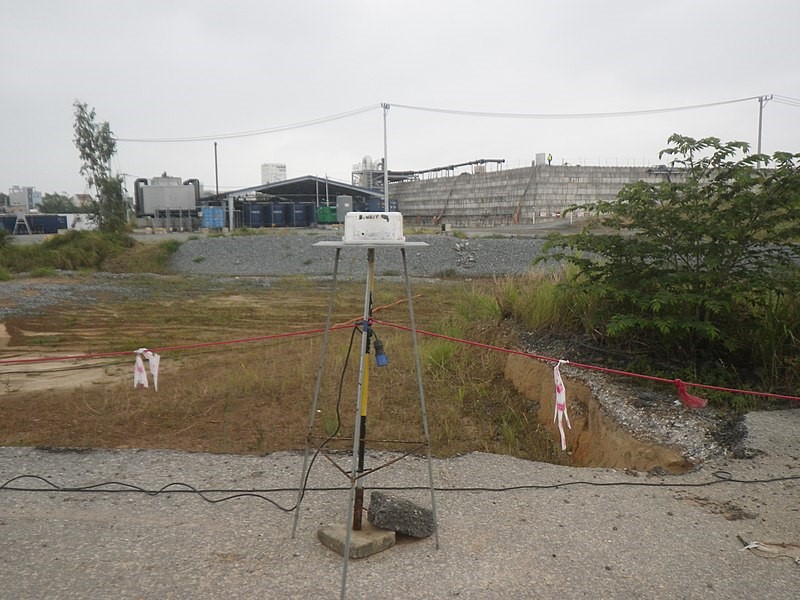Contaminated Land and Human Health
When we talk about contaminated land, we are referring to any land that has been altered through human activity, such as the introduction of pollutants, chemicals, industrial and wider waste. One of the biggest challenges of our time is to reduce the impact of negative human activity on our planet.

The Increase in Landfill Sites
Landfill sites are very unhealthy places to be, and this is even truer in poorer countries that don’t have necessarily have the infrastructure to deal with waste. Chemicals, pesticides, and metals can all be detrimental to human health. Plastic waste contains chemicals that can cause cancers, respiratory illnesses and disease. Waste from the pharmaceutical industry can also heavily affect human lungs and the liver.
Soil pollution
Land that is over-farmed or over-worked will degrade over time, and the over-use of pesticides and fertilizers on land also degrades it. All land needs time to recover and return to its natural state with vegetation. Land remediation is one way of tackling this, but it needs to be undertaken by a professional organisation.

Image Credit
Air Pollution
Landfill sites, by their very nature, smell. They give off toxic gasses and fumes, and anyone who lives near one will certainly be affected. Methane is also a by-product of rotting waste, along with any burning that may take place, and these can all have serious consequences for people with lung conditions and asthma. Certain land remediation services seek to remove these contaminants, which can also have the effect of preventing further contamination of the waterways. So, what is land remediation? Put simply, this is the process by which land and landfill sites are restored to their former natural states.
Pollution of the waterways
Any waste produced and deposited on land can also end up in the ocean as a result of being washed away by the rain. This can then also contaminate streams and rivers. Any stagnant water will also corrode any rubbish, particularly chemicals and metals that may also return back into the water table.
Deforestation
According to National Geographic, ‘human and natural loss of trees affects wildlife, ecosystems, weather patterns and even the climate’.
It is therefore vital that our natural habitats and our forests are protected for future generations.